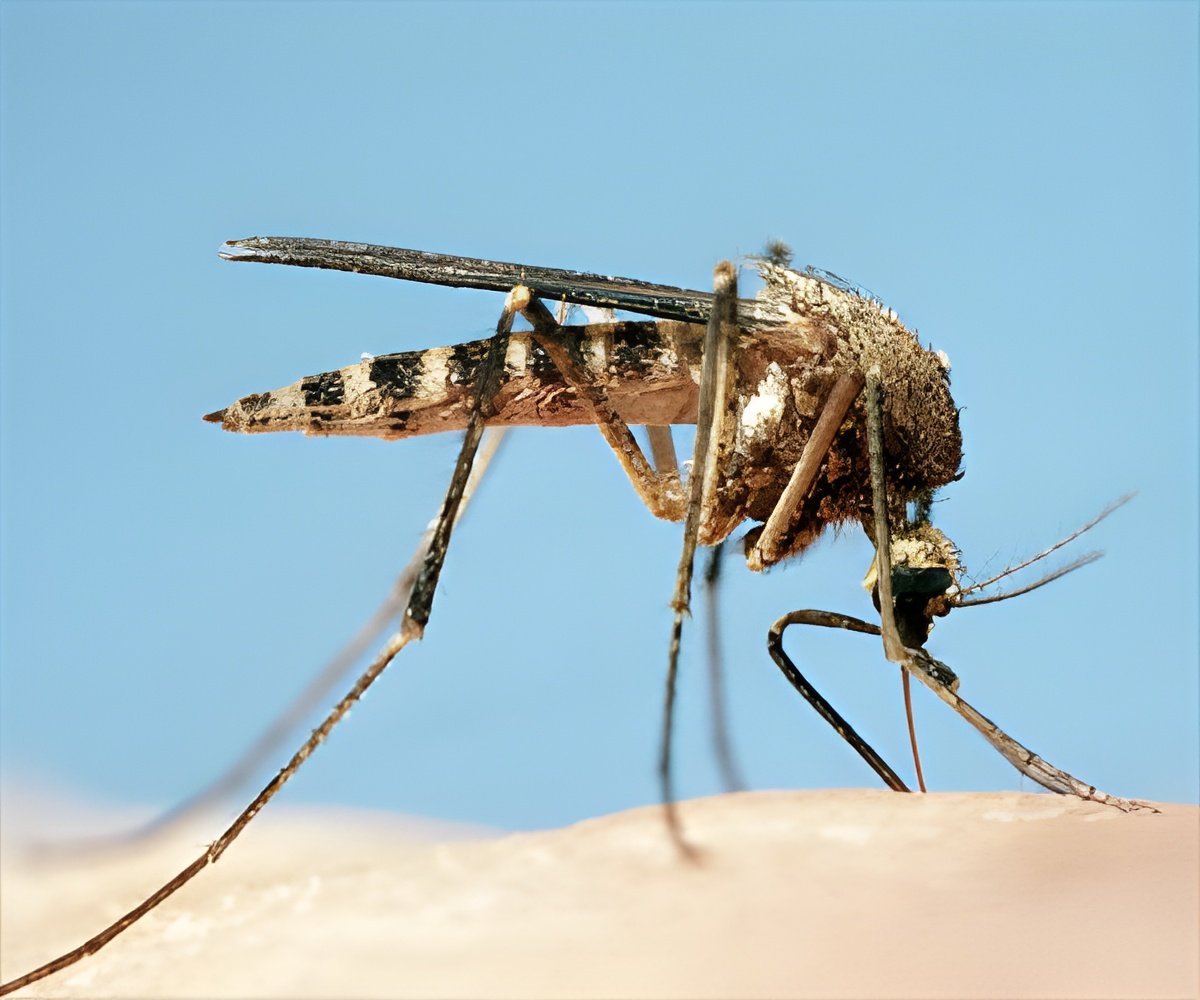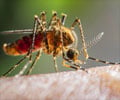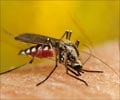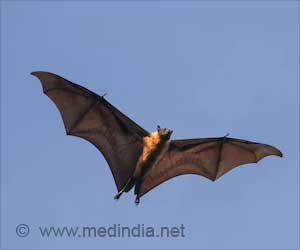Genetically engineered mosquitoes were found to be resistant to multiple types of dengue virus (DENV), said researchers.

‘The new strategy could be coupled with a gene-drive system to rapidly convert wild mosquito populations into genetically modified mosquitoes that would be completely resistant to DENV transmission.’





Dengue is a mosquito-borne viral disease that represents a pressing global problem, and new solutions are needed to prevent its transmission. DENV is mainly transmitted by Aedes aegypti mosquitoes. Recent advances in genetic engineering technologies have made it possible to create mosquitoes with reduced vector competence, limiting their ability to acquire and transmit pathogens. In the new study, the authors describe the development of A. aegypti mosquitoes synthetically engineered to be resistant to multiple types of DENV. These mosquitoes express a gene encoding an engineered single-chain variable fragment (scFv) derived from a broadly neutralizing DENV human monoclonal antibody. Mosquitoes expressing the anti-DENV scFv cannot be infected with or transmit any of the four types of DENV, so they should not be able to transmit the virus to humans. Taken together, these results provide a compelling route for developing effective genetic-based DENV control strategies, which could be extended to curtail related viruses.
Akbari adds, "The most important aspect of this study is the fact that we engineered mosquitoes to be refractory to all major serotypes of Dengue virus. This may serve as a genetic tool to control Dengue in the wild in the future."
Source-Eurekalert













